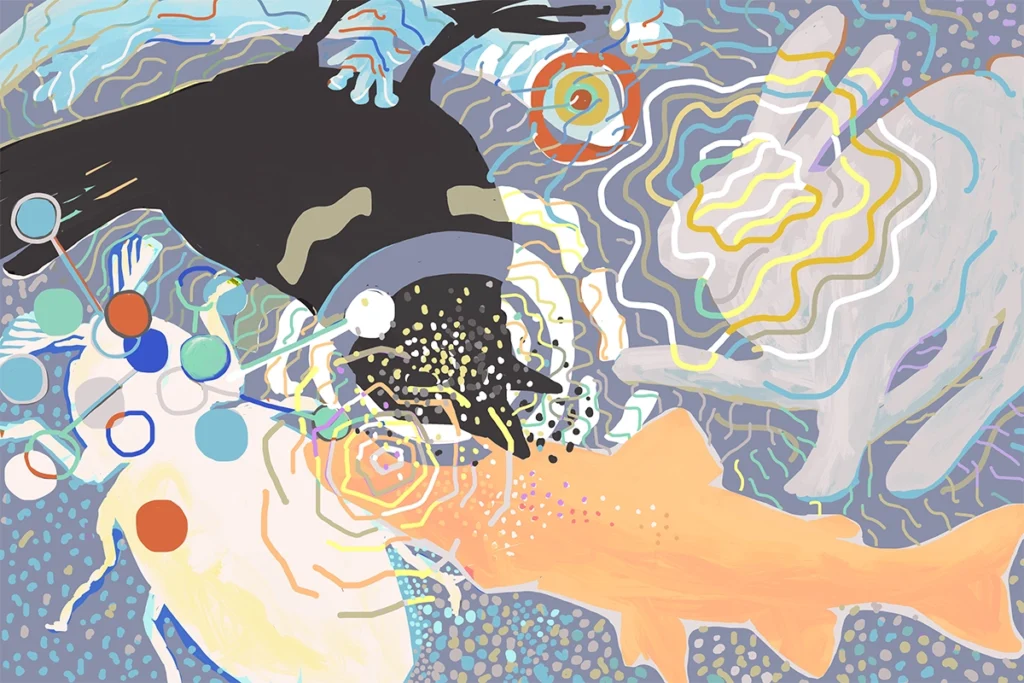Hakwan Lau is co-director of the Center for Neuroscience Imaging Research and professor of biomedical engineering at Sungkyunkwan University. He is supported by the Institute for Basic Science in Korea. Previously he worked at the RIKEN Center for Brain Science; the University of California, Los Angeles; Columbia University and University College London. He obtained his D.Phil. in 2005 from Oxford University, and his undergraduate degree in 2001 from the University of Hong Kong, where he studied philosophy and cognitive science. He is the author of “In Consciousness We Trust,” an open-access academic monograph.

Hakwan Lau
Professor of biomedical engineering
Sungkyunkwan University
From this contributor

Premature declarations on animal consciousness hinder progress
Selected articles
- “Where is the ‘posterior hot zone’? Open review of Ferrante et al. (2023): “An adversarial collaboration to critically evaluate theories of consciousness” (by the ARC-Cogitate Consortium)” | PsyArXiv
- “Multivoxel pattern analysis reveals dissociations between subjective fear and its physiological correlates” | Molecular psychiatry
- “Should a few null findings falsify prefrontal theories of conscious perception?” | Journal of Neuroscience
- “Towards an unconscious neural reinforcement intervention for common fears” | PNAS
Explore more from The Transmitter
Lack of reviewers threatens robustness of neuroscience literature
Simple math suggests that small groups of scientists can significantly bias peer review.

Lack of reviewers threatens robustness of neuroscience literature
Simple math suggests that small groups of scientists can significantly bias peer review.
Dendrites help neuroscientists see the forest for the trees
Dendritic arbors provide just the right scale to study how individual neurons reciprocally interact with their broader circuitry—and are our best bet to bridge cellular and systems neuroscience.

Dendrites help neuroscientists see the forest for the trees
Dendritic arbors provide just the right scale to study how individual neurons reciprocally interact with their broader circuitry—and are our best bet to bridge cellular and systems neuroscience.
Two primate centers drop ‘primate’ from their name
The Washington and Tulane National Biomedical Research Centers—formerly called National Primate Research Centers—say they made the change to better reflect the breadth of research performed at the centers.

Two primate centers drop ‘primate’ from their name
The Washington and Tulane National Biomedical Research Centers—formerly called National Primate Research Centers—say they made the change to better reflect the breadth of research performed at the centers.